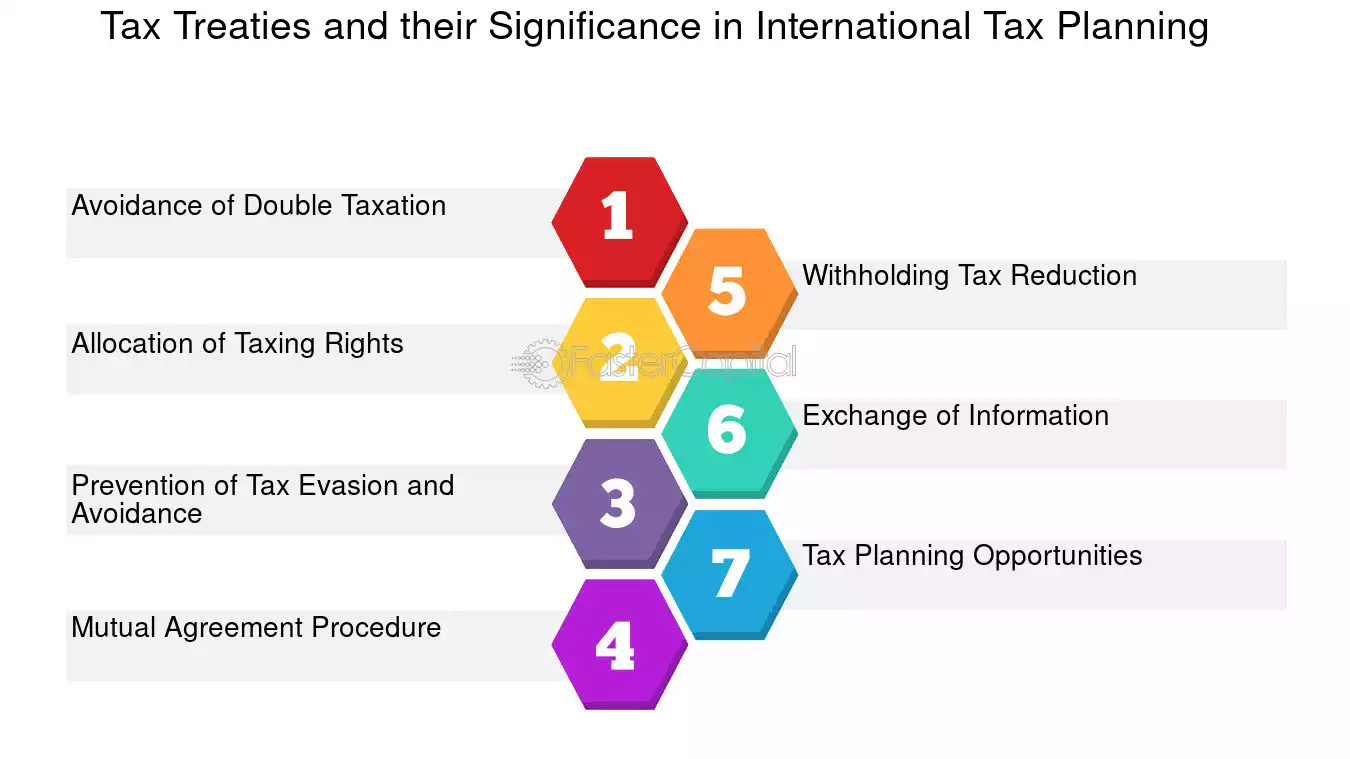In the rapidly evolving landscape of research and development (R&D) within the European Union (EU), cross–border collaboration is more important than ever. As member states strive to foster innovation and economic growth, understanding the role of tax treaties becomes crucial. Tax treaties, designed to avoid double taxation and prevent tax evasion, play a significant role in shaping the financial landscape for cross-border R&D initiatives. This article delves into the complexities of these treaties and their impact on collaborative research efforts across the EU.
Exploring Tax Treaties in EU R&D Collaboration
Tax treaties are bilateral agreements between countries that aim to eliminate the issue of double taxation on income and capital. Within the EU, these treaties facilitate smoother financial transactions and create a more predictable fiscal environment for businesses and researchers engaged in cross-border R&D initiatives. The treaties outline which country has the right to tax specific types of income and provide mechanisms for tax relief, thereby reducing the risk of double taxation that can often deter international collaboration.
The significance of tax treaties in the context of EU R&D collaboration cannot be overstated. By clearly defining tax obligations, these treaties help to minimize legal and financial uncertainties, allowing researchers and companies to focus on innovation rather than tax compliance. This is particularly vital in the EU, where diverse tax systems across member states can create complex challenges for cross-border activities. Tax treaties thus serve as a harmonizing tool, promoting a more integrated and cooperative research environment.
Moreover, tax treaties support the EU’s broader objectives of fostering innovation and competitiveness. By facilitating cross-border R&D, these agreements contribute to the creation of a more dynamic and interconnected research community. This is aligned with the EU’s strategic goals of becoming a global leader in science and technology, as well as addressing pressing societal challenges through collaborative research efforts. As such, tax treaties are not just financial instruments but also pivotal components of the EU’s innovation ecosystem.
Impact on Cross-Border Research Initiatives
The impact of tax treaties on cross-border research initiatives within the EU is multifaceted. One of the most direct effects is the reduction in administrative and financial burdens for researchers and companies. By providing clear guidelines on tax liabilities, these treaties help to streamline the process of international collaboration, making it more attractive and feasible for entities to engage in joint R&D projects across borders. This, in turn, can lead to increased innovation outputs and a more robust European research landscape.
Another significant impact is the enhancement of financial predictability and stability for cross-border R&D initiatives. With tax treaties in place, organizations can better anticipate their tax obligations and manage their financial resources more effectively. This predictability is crucial for long-term planning and investment in R&D, as it reduces the risks associated with unexpected tax liabilities. Consequently, companies and research institutions can allocate more resources towards innovation and development rather than tax compliance.
Finally, tax treaties play a critical role in attracting foreign investment in EU R&D projects. By ensuring that foreign investors are not subject to onerous tax burdens, these agreements make the EU a more attractive destination for international capital and expertise. This influx of investment can lead to a more vibrant and competitive research environment, driving advancements in technology and science. As such, tax treaties not only support existing cross-border research initiatives but also pave the way for future collaborations and innovations.
In conclusion, tax treaties are indispensable tools in the EU’s cross-border R&D landscape. By mitigating the risks of double taxation and providing financial clarity, these agreements facilitate smoother and more effective collaboration among member states. Their impact extends beyond mere financial considerations, contributing to a more integrated, innovative, and competitive European research community. As the EU continues to prioritize R&D as a key driver of economic growth and societal progress, the role of tax treaties will remain central in shaping the future of cross-border research initiatives.
